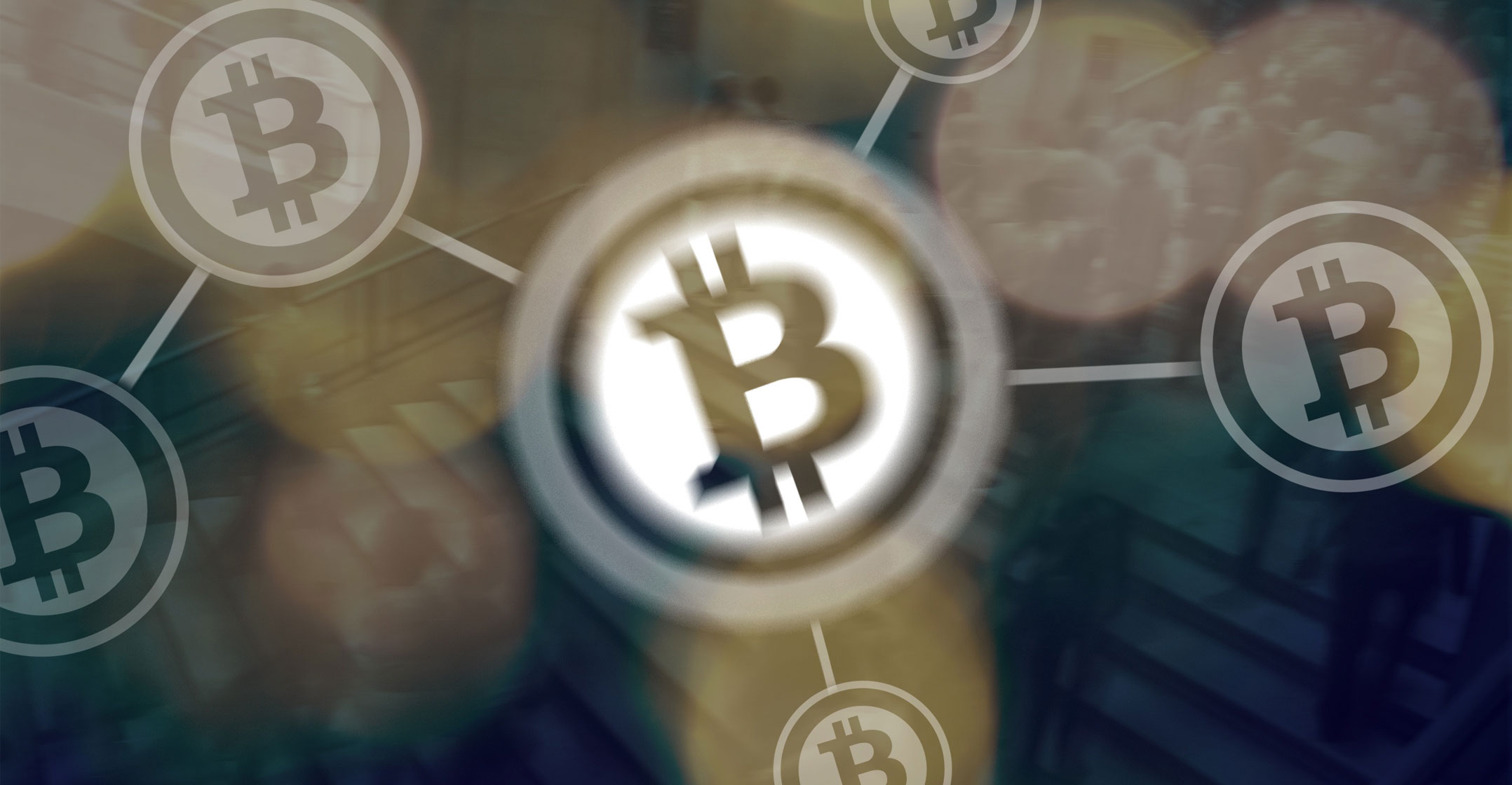
The community supporting bitcoin has long tried to avoid a so-called “hard fork” splitting the currency in two. On Tuesday, it happened anyhow. The idea behind the change is to speed up transactions and, consequently, mainstream acceptance — but even an early adopter community like the bitcoin one can be conservative about its money.
Bitcoin transactions are validated as more currency is “mined” by computers solving certain mathematical problems. To be validated by the decentralised network of bitcoin miners, the transactions are bundled in “blocks”. The bigger the size of the block, the more transactions can be validated in a second. For bitcoin, with a maximum block size of 1MB, it’s just two or three transactions per second. Enthusiasts compare that with the 2 000 per second that Visa processes. A bitcoin payment can take an hour to clear. Nobody wants to wait that long at a petrol station or a store. That hinders bitcoin’s acceptance as an everyday means of exchange and partly explains why speculation (or investment, if you want to be more charitable) remains its main use.
Bitcoin’s slowness also leads to the proliferation of other cryptocurrencies, or altcoins, some of which claim higher processing speed as an advantage. As of Wednesday, eight cryptocurrencies had a market capitalisation of more than US$1bn. Bitcoin is still by far the biggest, with a market cap of more than $44bn, but that’s not much as far as currencies go, especially global ones; rivals such as ether, with a $20bn market cap, have the potential to catch up.
That has prompted various proposals to improve bitcoin, and one of them, which would eventually double the maximum block size, was accepted by most of the community. A sizable group of dissidents, including some exchanges where the cryptocurrency is traded, were against the solution, though, and pushed onward with their own. They — led by former Facebook developer Amaury Sechet — moved ahead with new software that would increase the maximum block size to 8MB. The first big block using it, 1.915MB in size and containing 6 985 transactions, was “mined” on Tuesday, followed by smaller ones. The “hard fork” became real.
Bitcoin cash
People who kept their cryptocurrency on their hard drives got a choice between bitcoin and the new version, bitcoin cash. Some hastened to sell bitcoin and buy bitcoin cash, driving up the new currency to $563 per unit at the time of this writing, while bitcoin dipped a little but remained worth more than $2 700. But many investors, who held bitcoin through exchanges that didn’t support the “hard fork”, such as Coinbase, were deprived of the choice. Many exchanges are still hesitating whether to trade bitcoin cash.
Apart from concern about trading volume, the hesitation has to do with the innate conservatism of any currency’s holders. Germans still hold billions of Deutsche marks, which can be converted into euros if necessary; holding bitcoin is far less quaint since most of the mining capacity is dedicated to the “old” version of the currency. Bitcoin cash isn’t being mined as actively yet. It’s still untried, and experts aren’t sure how safe it is. There are some strong technical arguments against bitcoin cash, too.

But whether or not bitcoin cash is ultimately successful, cryptocurrencies need to make technological progress if they are ever to outgrow their current status as glorified poker chips. The most recent success stories in the field have had to do with tokens that can be used within specific closed systems. For example, Gnosis, a prediction market, has its own currency with a market cap of $225m. This function of cryptocurrencies has been used to bypass strict initial public offering rules, something that has invited regulatory attention. But it shouldn’t be the only, or even the main, direction in which the technology develops.
To become actual money — accepted everywhere, for any kind of purchase — cryptocurrencies must become convenient to a layman. That means instant processing. Holding back developments that lead to it makes little sense. Bitcoin is only eight years old. The cryptocurrency industry is still experimental; fewer than six million people use the currencies. There is no reason to fear drastic change at such an early stage.
Ethereum, the platform running the biggest altcoin, ether, appeared to commit suicide a year ago when it decided to reverse the results of a major hack in which $70m worth of ether was stolen. Cryptocurrencies are supposed to be decentralised, and such interference appears to go against their nature, as opponents of the move — who stuck with the “classic” version of the currency — pointed out. But the new ether is now more popular and 15 times better capitalised than the “classic” one.
A widespread global cryptocurrency is still a dream. Implementing it one day trumps the interests of those early adopters who want to go slow, as if bitcoin were already mature. That money is made and lost on cryptocurrencies today is just a side effect of an important work in progress. — (c) 2017 Bloomberg LP

